|
|
 |
Extended DDA (e-DDA)
Extended discrete dipole approximation, DDA application to bianisotropic media.
WulffDDSCAT
Wulff-Based Approach to Modeling the Plasmonic Response of Single Crystal, Twinned, and Core–Shell Nanoparticles. A standalone user-friendly graphical user interface (GUI) that uses both kinetic and thermodynamic Wulff constructions to generate a dipole array for complex shapes, as well as the necessary input files for DDSCAT-based numerical approaches.
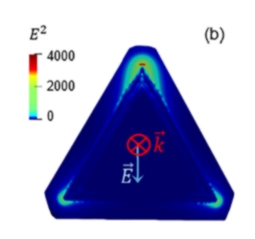
weak_FEM_BEM_coupling
The electromagnetic transmission-scattering problem. The method is an efficient weak coupling formulation between the boundary element method and the high-order finite element method. The approach is based on the use of a non-overlapping domain decomposition method involving quasi-optimal transmission operators.
Diogenes, A DG-based software suite for nano-optics
Diogenes is a software suite designed for the resolution of nano-optics problems. It exploits the Discontineous Galerkin (DG) method.
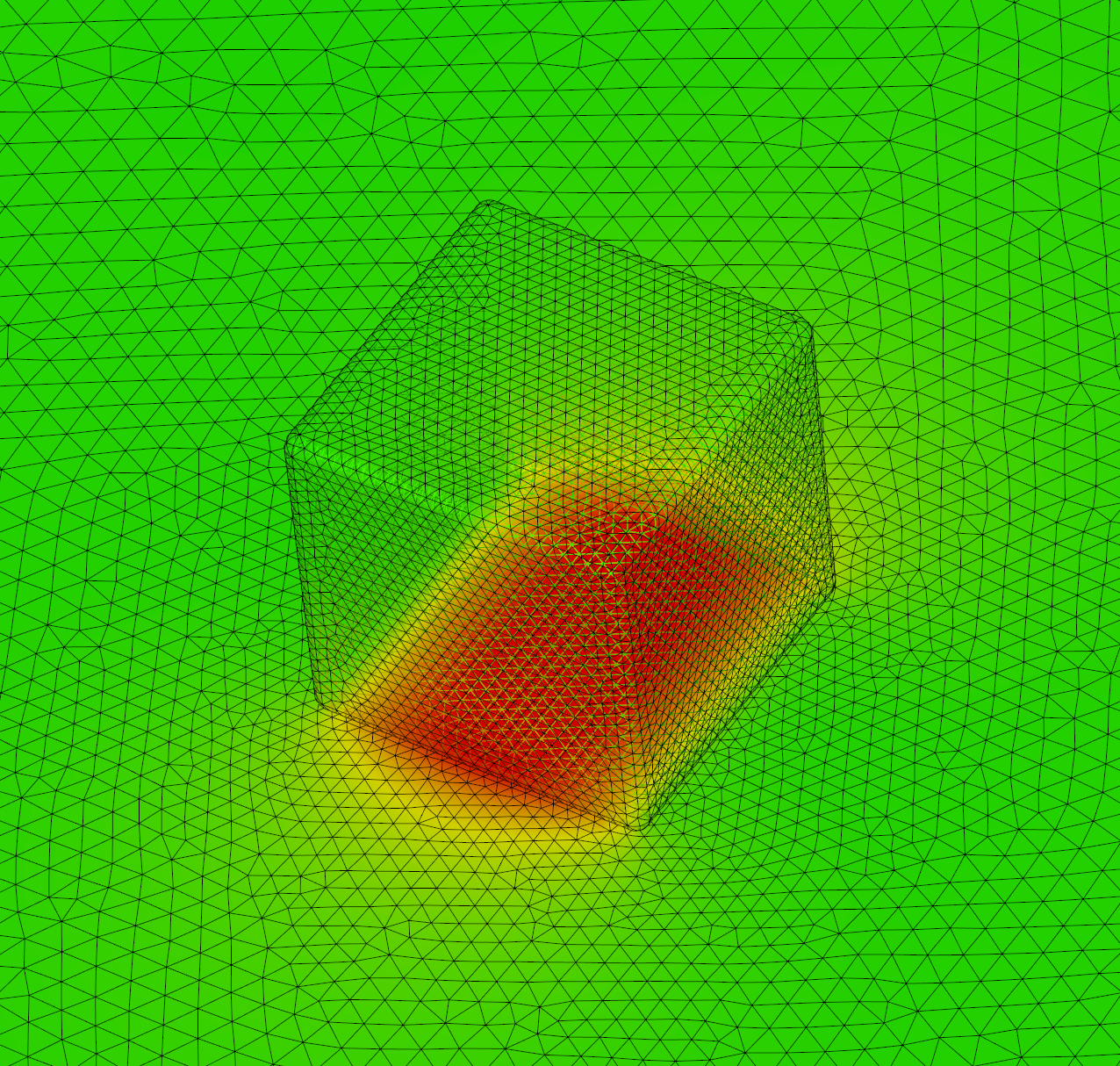
IF-DDA Idiot Friendly-Discrete dipole approximation
IF-DDA is a numerical tool for solving the electromagnetic scattering problem in three dimensions. IF-DDA is based on the DDA (discrete dipole approximation) which is a volume-integral equation method.
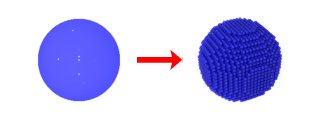
nanoDDSCAT+ combines the Discrete Dipole Scattering (DDSCAT) tool with the DDAConvert tool for a single workflow for custom shapes.

Diffused-Particle-Method
The Foldy-Lax equation is generalized for a medium which consists of particles with both electric and magnetic responses. The result is used to compute fields scattered from ensembles of particles.
nanoDDSCAT calculate scattering and absorption of light by targets with arbitrary geometries and complex refractive index.
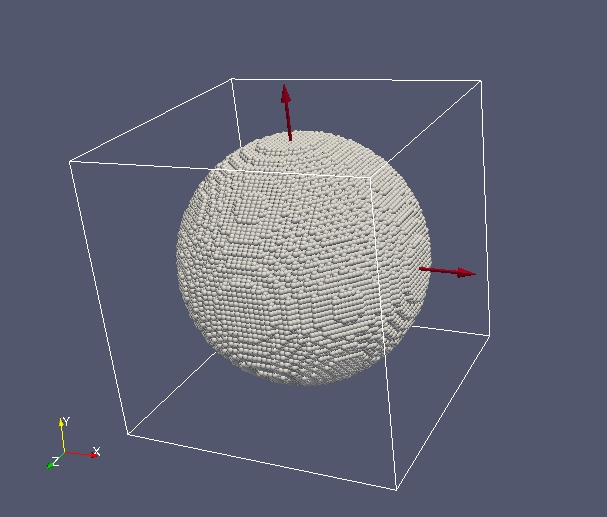
VoxScatter
Matlab repository for computing electromagnetic scattering by dielectric particles.

BUFF-EM is based on the volume-integral technique and can can handle objects with anisotropic and/or continuously spatially varying dielectric permittivity.
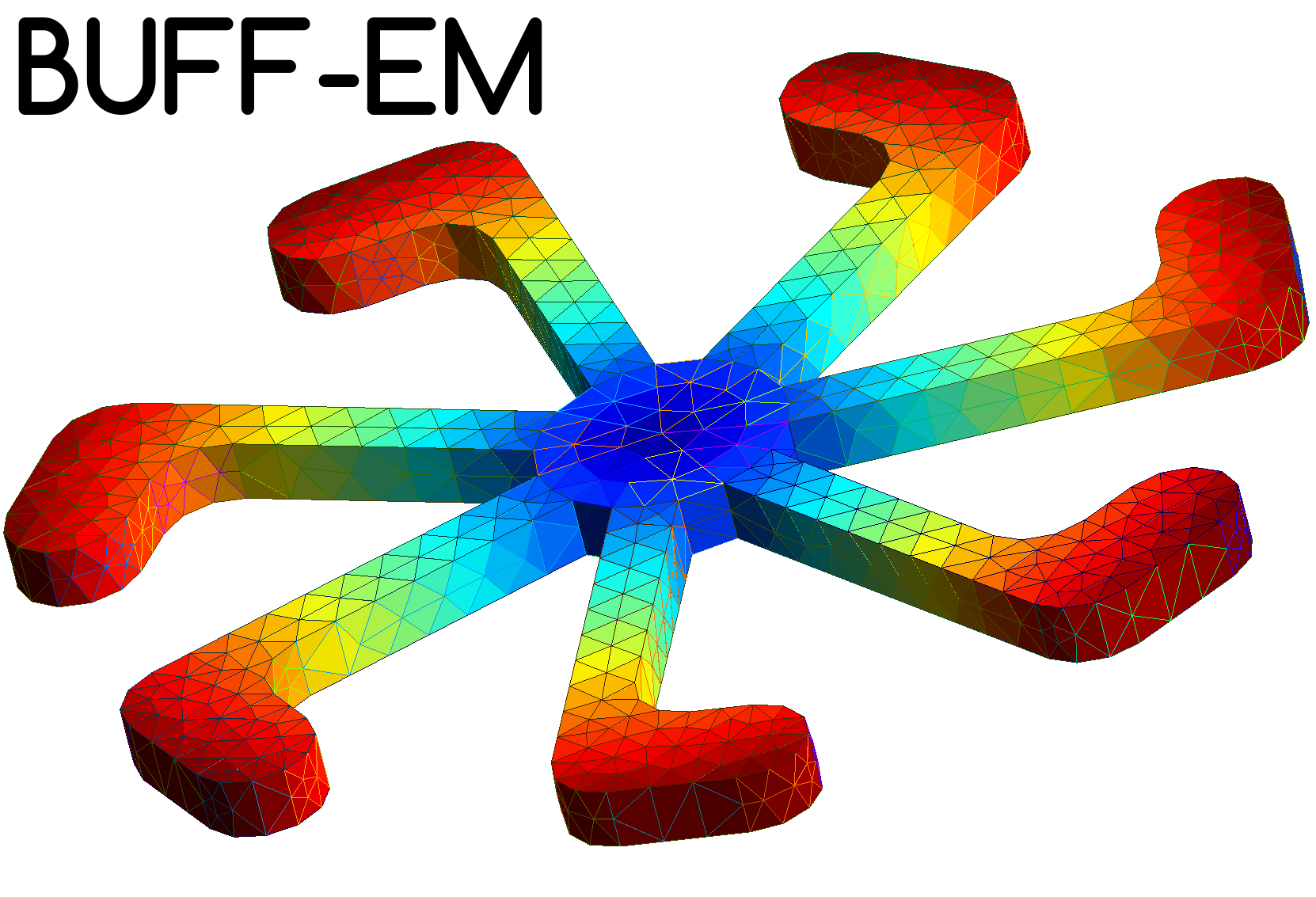
|
|
 |
|

